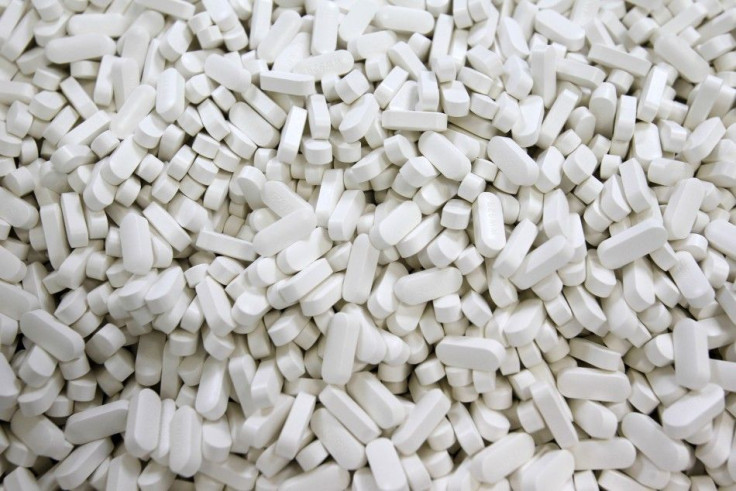More Children Find Prescription Drugs at Home, Hospital Visits for Poisoning Increase

More children are ingesting prescription drugs found around the house, leading to a spike in the number of kids who end up in the emergency room being treated for poisoning, a new study found.
Between 2001 and 2008, there was a 36 percent increase in admissions, and a 28 percent increase in emergency department visits for unintentional exposure to medication among children five years old or younger, an increase that greatly outpaced an attendant eight percent growth in the population of kids in that age group. Most of the children were found to have taken powerful prescription medications like painkillers and sedatives, including sleep aids and muscle relaxants.
The problem of pediatric medication poisoning is getting worse, not better, said study researcher Randall Bond, an emergency medicine physician at Cincinnati Children's Hospital Medical Center.
While most of the 544,000 visits recorded in the study resulted in children being safely discharged, there were 66 deaths during the study period. Bond called for more precautions that would make it difficult for children to ingest pills.
Prevention efforts of parents and caregivers to store medicines in locked cabinets, or up and away from children, continue to be crucial, he told LiveScience. However, the largest potential benefit would come from packaging design changes that reduce the quantity a child could quickly and easily access in a self-ingestion episode, like flow restrictors on liquids and one-at-a-time tablet dispensing containers.
But a lack of safeguards isn't the only factor driving the increase. There's also been a rise in the number of prescription drugs people have at home, with powerful painkillers like oxycodone, morphine and codeine, as well as heart and diabetes medicines, becoming more common. Medications have also become more potent, raising the risks associated with taking even a single pill.
Whenever you put medicines into hundreds of millions of homes, somebody's child is going to get into it, Eric Lavonas, a doctor from the Rocky Mountain Poison and Drug Center in Denver who wasn't involved in the study, told Reuters. The big thing to take away from this is we need to do a better job of keeping children and medicines away from each other in the home, he added.
© Copyright IBTimes 2024. All rights reserved.











